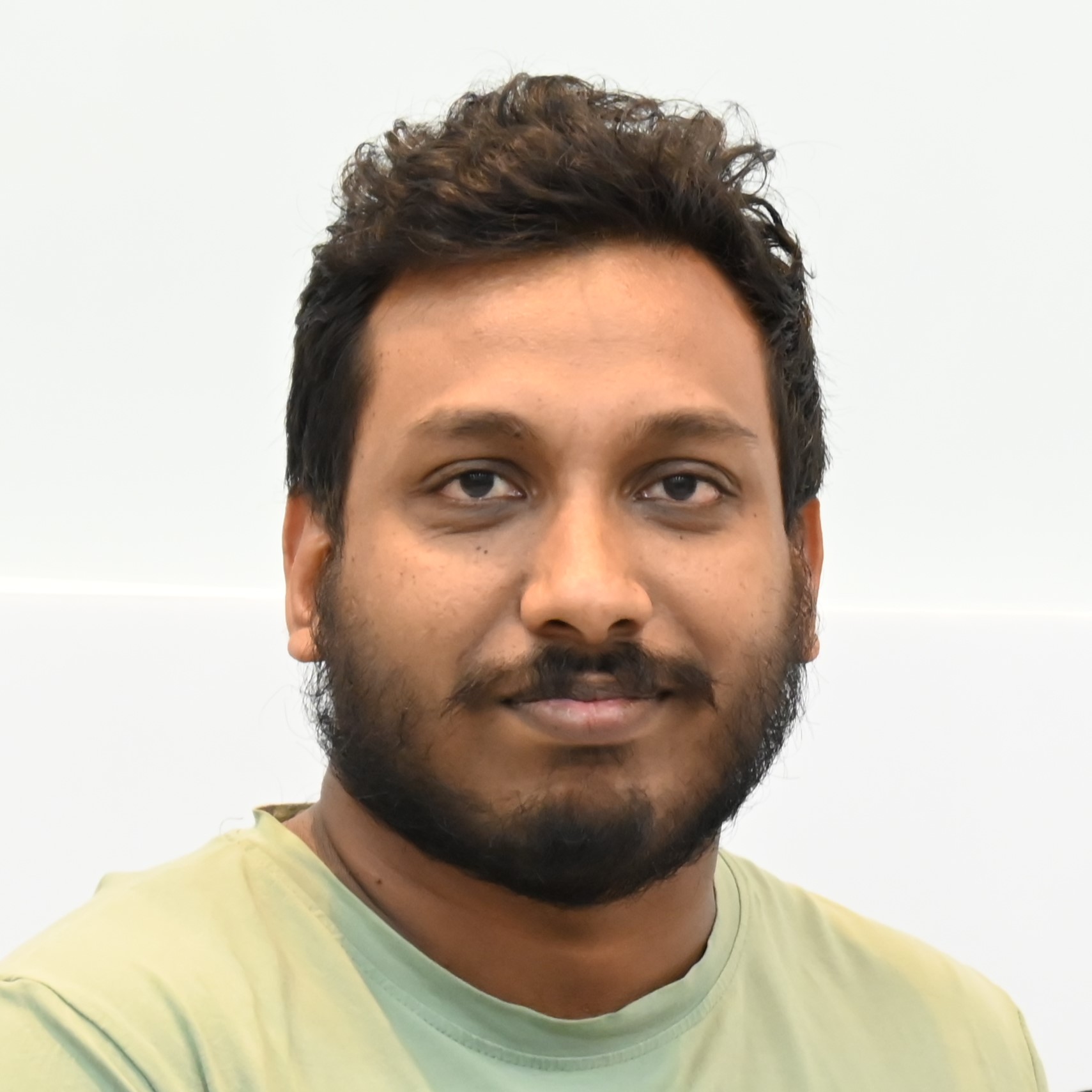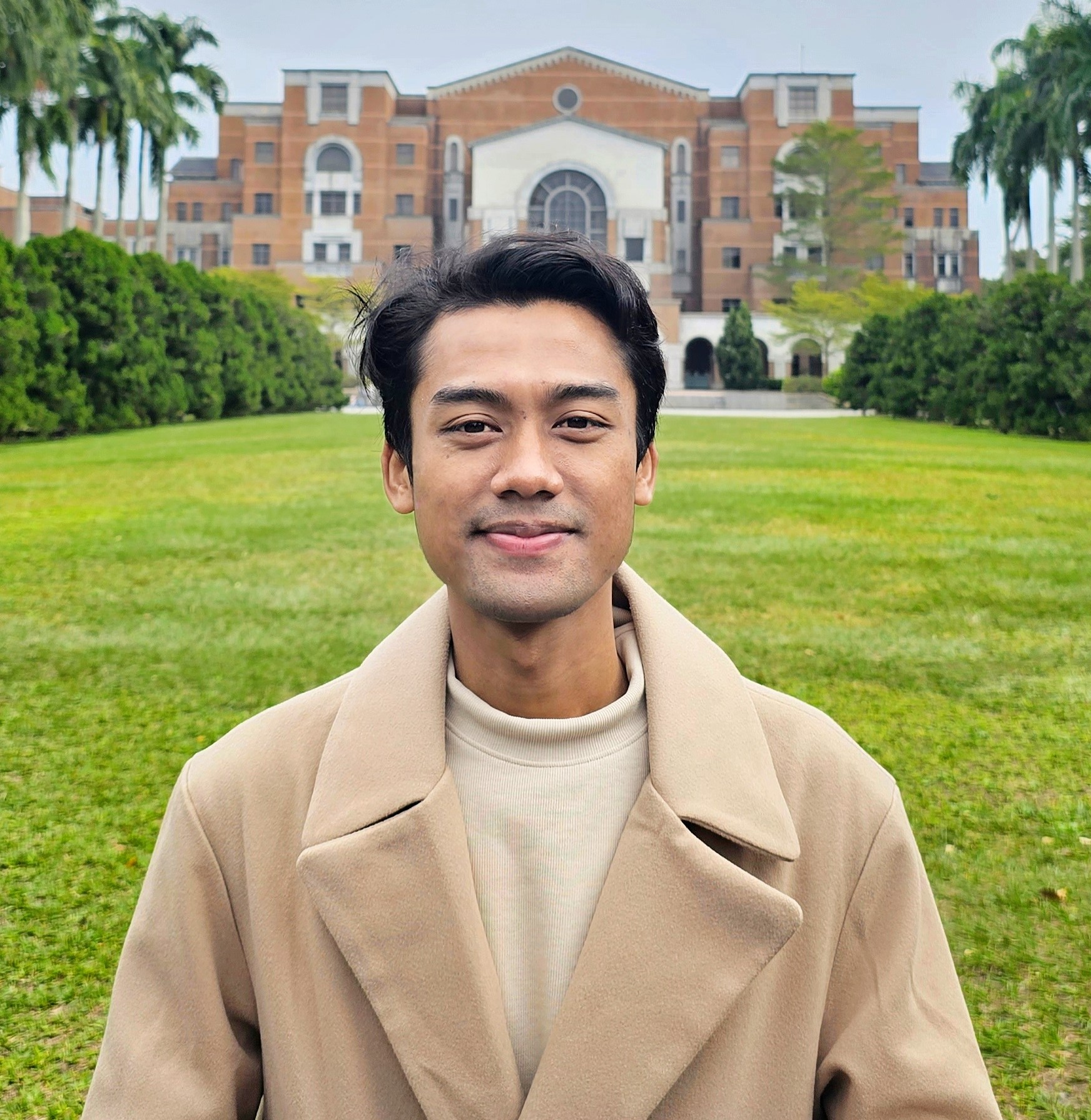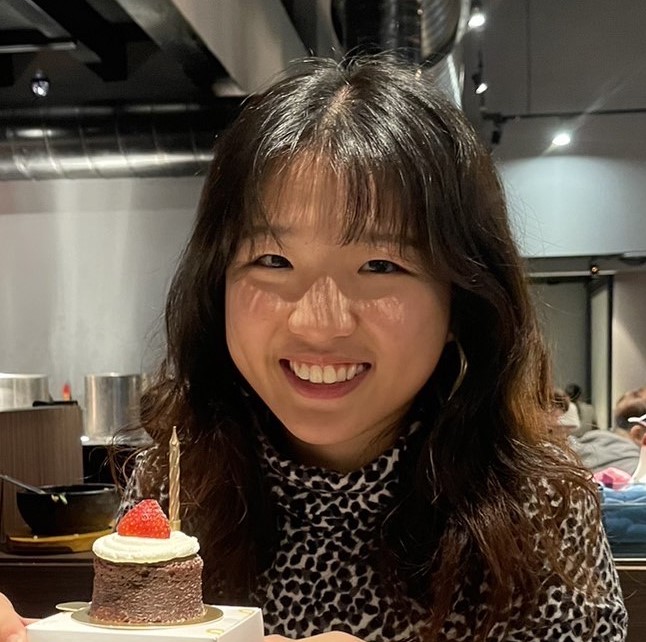[Student Testimonials] Empowering Excellence
“Beginning as a master’s student in 2019 and seamlessly transitioning into a PhD program under the guidance of a dedicated supervisor, I have experienced immense personal and academic growth.” Read More
Eranda Dhananjaya from Sri Lanka, Department of Applied Mathematics, College of Science











